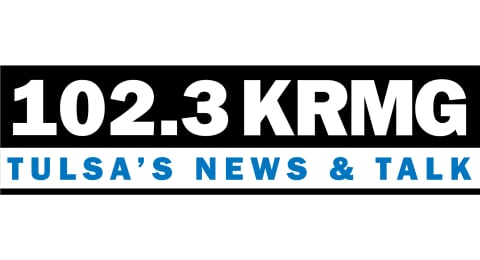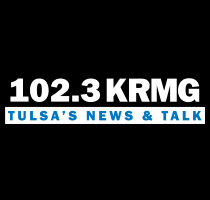TULSA, Okla. — The City of Tulsa provided several updates amid the ongoing search for victims and descendants of the Tulsa Race Massacre as part of the 1921 Graves Investigation.
A memorial service is planned for Oaklawn Cemetery on November 12.
People exhumed from Section 20 of Oaklawn Cemetery during the 2022-2024 phases of the 1921 Graves Investigation will be reinterred after the DNA extraction.
With planning assistance from descendant representatives and historians, a formal memorial ceremony will be held at 11 a.m. on November 12 at Oaklawn Cemetery, located at 1133 East 11th Street.
As part of the ceremony, C.L. Daniel, the first identified Tulsa Race Massacre victim from the investigation, and other unknown burials will be honored at a memorial service with community representatives and descendants.
Genetic genealogical and DNA analyses are ongoing for these individuals and their identities, and their identities may be reclaimed.
A monument commemorating the 1921 Race Massacre and the investigation to find the victims will be installed near the excavation area with markers for individual graves.
Several members of the archaeological and forensic teams will return to Tulsa during the week of November 4-8 to help with the preparations for the reburial and planned memorial.
The formal report from the last excavation is expected to be complete at the end of November.
Genealogists at Intermountain Forensics updated the surnames and locations of interest for each DNA profile previously discovered.
To view the updated list of surnames and locations of interest, click here.
The first upcoming genetic genealogy workshop, funded by the Department of Justice Emmett Till Cold Case grant is scheduled for the week of November 4.
The invite-only workshop aims to foster engagement in the community affected by the 1921 Race massacre.
The Greenwood Cultural Center and Intermountain Forensics, in partnership with the City of Tulsa, will provide education to the Greenwood and surrounding community on the role of genetic genealogy
The workshop will introduce Tulsa community members to genetic genealogy, equipping them with tools and resources for personal ancestry research while providing insight into the forensic methods used in the 1921 Graves Investigation.
Participants will also understand the importance of identifying Tulsa Race Massacre victims.
Staff from the Oklahoma Archaeological Society (OAS) and the Kansas Geological Survey (KGS) plan to conduct soil sampling at Newblock Park on November 7, weather permitting.
The specific locations to be tested were brought to the investigative team’s attention as a potential location associated with the 1921 Tulsa Race Massacre.
The soil samples will allow investigators to evaluate whether the deposits are potentially consistent with such burial features and call for further excavation.
Some soil core samples will be analyzed off-site, and the results will be provided in a technical report later, along with the results of recent sampling conducted at the nearby Canes area in September.
As part of the Community Engagement Genealogy Project, the Tulsa Police Department will receive technical training with Intermountain Forensics.
Also, Greenwood Cultural Center will develop an exhibit titled ‘Gathering Greenwood,’ featuring a searchable database to allow visitors to explore Greenwood’s history and conduct personal genealogical research.
This exhibit, alongside future public workshops in 2025, will provide further opportunities for community involvement and education as part of the 1921 Graves Investigation.
For more information about the Community Engagement Genealogy Project, click here.
Oaklawn Cemetery was closed on November 4 and will reopen on Saturday and remain open until Veteran’s Day.
The cemetery will close again the morning of the memorial ceremony and reopen later that afternoon.







